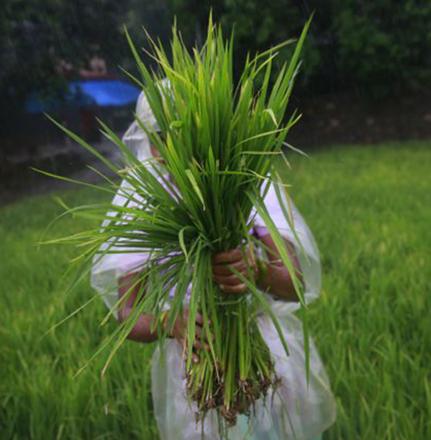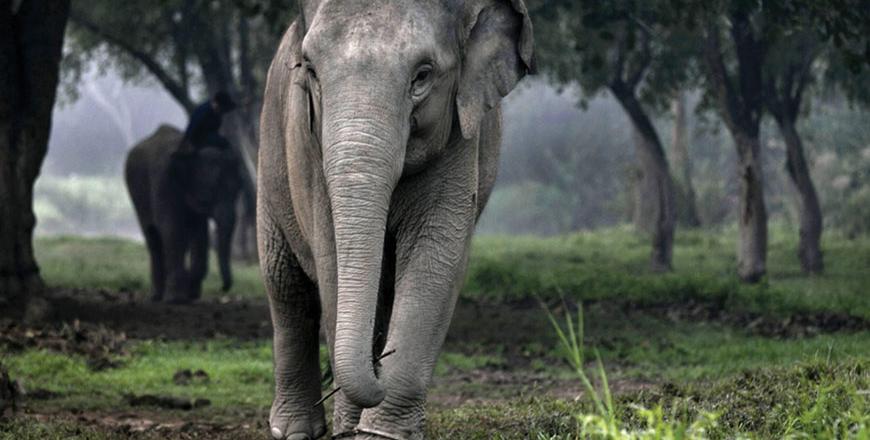You are here
Coffee genome could lead to better brew
By AFP - Sep 07,2014 - Last updated at Sep 07,2014
WASHINGTON — An international team of researchers recently released the sequenced genome of coffee, saying it could help improve the flavour of one of the world’s most popular beverages.
The genome could lead to more rigorous crops by allowing scientists to develop stronger breeds of plants, with better quality and resistance to drought and disease.
The findings “could be a significant step toward improving coffee”, said Philippe Lashermes, a researcher at the French Institute of Research for Development.
Some 2.25 billion cups of coffee are consumed daily around the world.
The coffee industry employs 26 million people in 52 countries, and coffee exports amounted to $15.4 billion in 2013, according to the International Coffee Organisation.
Top coffee exporting nations include Brazil, Colombia, Vietnam, Ethiopia and Indonesia as well as many Central American countries.
The plants can be vulnerable to leaf rust, a pest that is currently affecting about half the plants in Central America, in the worst outbreak since 1976.
The team sequenced the genome of a type of coffee plant known as Coffea canephora, which makes up some 30 per cent of the world’s coffee production.
The other leading kind is Coffee arabica, with a less acidic taste and lower caffeine than C. canephora.
Researchers found that coffee also has a large collection of enzymes, known as N-methyltransferases, that are involved in making caffeine.
Coffee’s caffeine enzymes are more closely related to other coffee plant genes than caffeine enzymes in tea and chocolate.
Scientists say this likely means caffeine production developed independently in coffee.
“The coffee genome helps us understand what’s exciting about coffee — other than that it wakes me up in the morning,” said co-author Victor Albert, professor of biological sciences at the University at Buffalo.
“By looking at which families of genes expanded in the plant, and the relationship between the genome structure of coffee and other species, we were able to learn about coffee’s independent pathway in evolution, including — excitingly — the story of caffeine.”
The data should be shared and used to boost the plants against the storied enemies of climate change and pests, said an accompanying editorial by Dani Zamir of the Institute of Plant Sciences and Genetics at the Hebrew University of Jerusalem.
“The challenge now is to translate these decoded genomes into new and improved tools for plant breeding,” Zamir wrote.
“The danger to the coffee crop should provide an incentive for all stakeholders to initiate international collaborations in genomic-assisted breeding projects and germ plasm conservation with poor, coffee-exporting countries.”
Researchers on the project came from France, the United States, Italy, Canada, Germany, China, Spain, Indonesia, Brazil, Australia and India.
Related Articles
LOS BANOS, Philippines — Rice-growing techniques learned through thousands of years of trial and error are about to be turbocharged with DNA
CHIANG SAEN, Thailand — In the lush, green hills of northern Thailand, a woman painstakingly picks coffee beans out of a pile of eleph
Taking caffeine before exercise could improve performance during a broad range of exercise tasks, according to a new review of past research



















